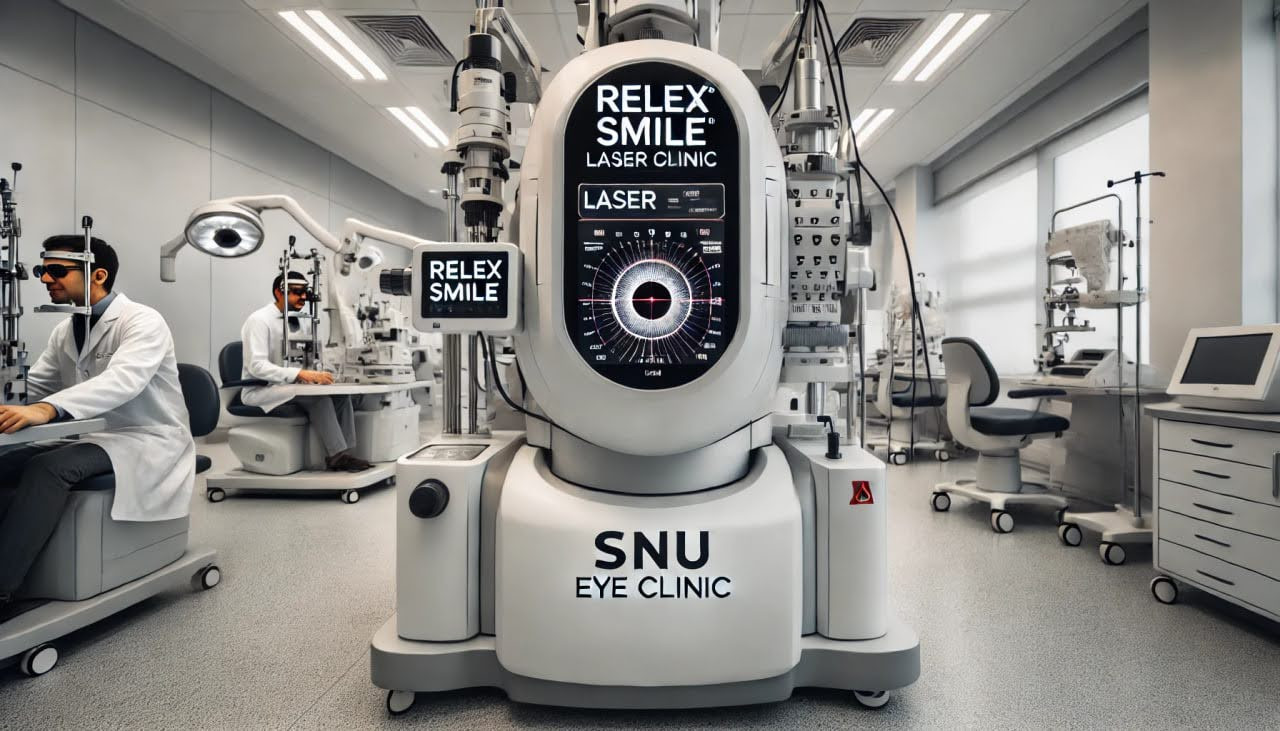Ophthalmology, the medical specialty focused on eye and vision care, has seen groundbreaking advancements in recent years. From innovative surgical techniques to AI-driven diagnostics, the field continues to evolve to meet the demands of an aging population and a digitally-dependent society. This article explores the latest developments in ophthalmology and how they are https://snuseoulglobal.com improving both diagnostics and treatments for a variety of vision-related conditions.

Understanding Ophthalmology and Its Scope
Ophthalmology covers the full spectrum of eye care — from vision exams and prescribing corrective lenses to performing intricate eye surgeries. Ophthalmologists are medical doctors trained to diagnose and treat diseases such as glaucoma, macular degeneration, cataracts, and diabetic retinopathy. Their expertise also includes managing injuries, infections, and genetic disorders related to the eyes.
The growing emphasis on early detection and personalized care has expanded the role of ophthalmology, making it one of the most dynamic and fast-evolving fields in modern medicine.
Revolutionary Advances in Eye Surgery
One of the most remarkable areas of progress in ophthalmology lies in surgical techniques. Laser eye surgeries such as LASIK (Laser-Assisted In Situ Keratomileusis) and PRK (Photorefractive Keratectomy) have become common solutions for correcting refractive errors like nearsightedness, farsightedness, and astigmatism.
LASIK reshapes the cornea using a laser, offering a quick recovery time and long-term vision correction. PRK, although slightly more invasive, is ideal for patients with thinner corneas. These procedures have significantly reduced dependence on glasses or contact lenses, transforming the lives of millions around the world.
Another major innovation is femtosecond laser-assisted cataract surgery, which allows for extremely precise incisions and improved outcomes compared to traditional methods. These minimally invasive procedures contribute to faster healing and more predictable results.
Artificial Intelligence in Diagnostics
AI technology has been making strides in ophthalmology, particularly in diagnostic tools. Algorithms trained on thousands of retinal scans can now detect early signs of diseases like diabetic retinopathy, glaucoma, and age-related macular degeneration with a high degree of accuracy.
This AI integration not only reduces diagnostic errors but also increases efficiency in eye clinics. Remote areas with limited access to specialists can now benefit from tele-ophthalmology platforms that leverage AI to provide quick, reliable assessments and referrals.
Moreover, AI-powered retinal imaging is now being studied as a potential non-invasive method for detecting neurological conditions such as Alzheimer’s disease, highlighting the far-reaching implications of these technologies.
Next-Generation Contact Lenses and Implants
The future of vision correction is also being shaped by smart contact lenses and innovative intraocular implants. Research is underway to develop contact lenses that can monitor intraocular pressure in glaucoma patients, deliver medications directly to the eye, or even display augmented reality interfaces.
Intraocular lenses (IOLs) used during cataract surgeries have also improved. Modern multifocal and accommodating IOLs not only restore vision but also reduce the need for reading glasses after surgery. These implants are customized to patient needs, offering enhanced clarity at various distances.
Gene Therapy and Regenerative Medicine
One of the most exciting developments in ophthalmology is the advent of gene therapy for inherited retinal disorders. Luxturna, the first FDA-approved gene therapy for vision loss, treats a rare genetic condition called Leber congenital amaurosis. By delivering a healthy copy of the RPE65 gene directly to retinal cells, this therapy can improve vision in patients who previously had no options.
Researchers are also exploring stem cell therapy to regenerate damaged retinal tissue and optic nerves. Although still in clinical trial phases, these therapies have the potential to treat conditions once considered irreversible, such as retinitis pigmentosa and advanced macular degeneration.
Preventive Eye Care and Public Awareness
While technology continues to advance, public awareness and preventive care remain the foundation of long-term eye health. Regular eye exams are essential for detecting early signs of disease, especially for individuals with diabetes, high blood pressure, or a family history of eye conditions.
Protecting eyes from excessive screen time, UV radiation, and physical injuries are simple yet effective preventive measures. Nutrition also plays a role — a diet rich in omega-3 fatty acids, lutein, and vitamins C and E can help maintain healthy vision.
Conclusion
Ophthalmology is not just about treating poor vision — it is a rapidly advancing field dedicated to preserving one of our most vital senses. From laser surgeries and AI diagnostics to gene therapy and smart lenses, modern ophthalmology offers unprecedented tools to improve and protect eye health. As innovation continues, patients can look forward to more personalized, effective, and less invasive treatments, making clear vision a reality for more people around the world.

